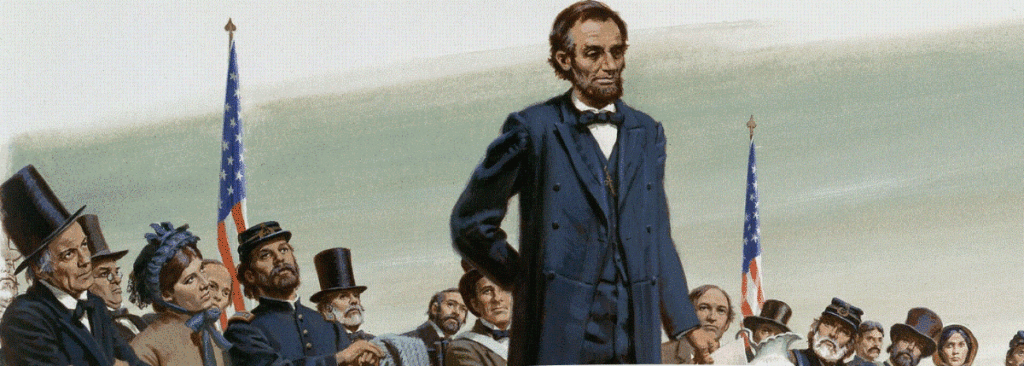
Learning from Lincoln on Abortion
The overturning of Roe v. Wade has returned the issue of abortion to our political branches.
Unfortunately, they don’t seem entirely prepared to deal with it. Eight score years ago, a great American led the political debate on another highly contentious moral issue. It may seem surprising that from the vantage point of 2022 Abraham Lincoln can speak to the issues confronting us, but on the issue of abortion, the Great Emancipator can teach us a lot.
In an exceptional essay published in the middle of the Roe era, Maureen Condic looked to Lincoln for his example. She recognized that the belief an embryo doesn’t merit legal protection relies on a trio of claims about the embryo’s human status, or lack thereof: that the embryo lacks sufficient human form; that it lacks sufficient human ability; and that the convenience afforded by abortion overrides any consideration of the embryo’s humanity. As Condic insightfully observed, such arguments based on form, ability, and convenience mirror the arguments made in the 19th century over slavery.
The always clear-thinking and honest Camille Paglia echoes the notion that it is power that’s in play when it comes to abortion.
Paglia favors “unrestricted access to abortion,” yet she says, “I profoundly respect the pro-life viewpoint, which I think has the moral high ground.” She writes, “We career women are arguing from expedience; it is personally and professionally inconvenient or onerous to bear an unwanted child. The pro-life movement, in contrast, is arguing that every conception is sacred and that society has a responsibility to protect the defenseless.”
It is this responsibility to protect the weak and defenseless that invites a potential government role on abortion. In another note apparently written on the same day as the one cited above, Lincoln writes, “The legitimate object of government is ‘to do for the people what needs to be done, but which they can not, by individual effort, do at all, or do so well, for themselves.’” He asserts that there is a role for government in providing positive goods—he lists “roads,” “bridges,” “common schools,” “disposing of deceased men’s property,” and “providing for the helpless young and afflicted.” Read full article
